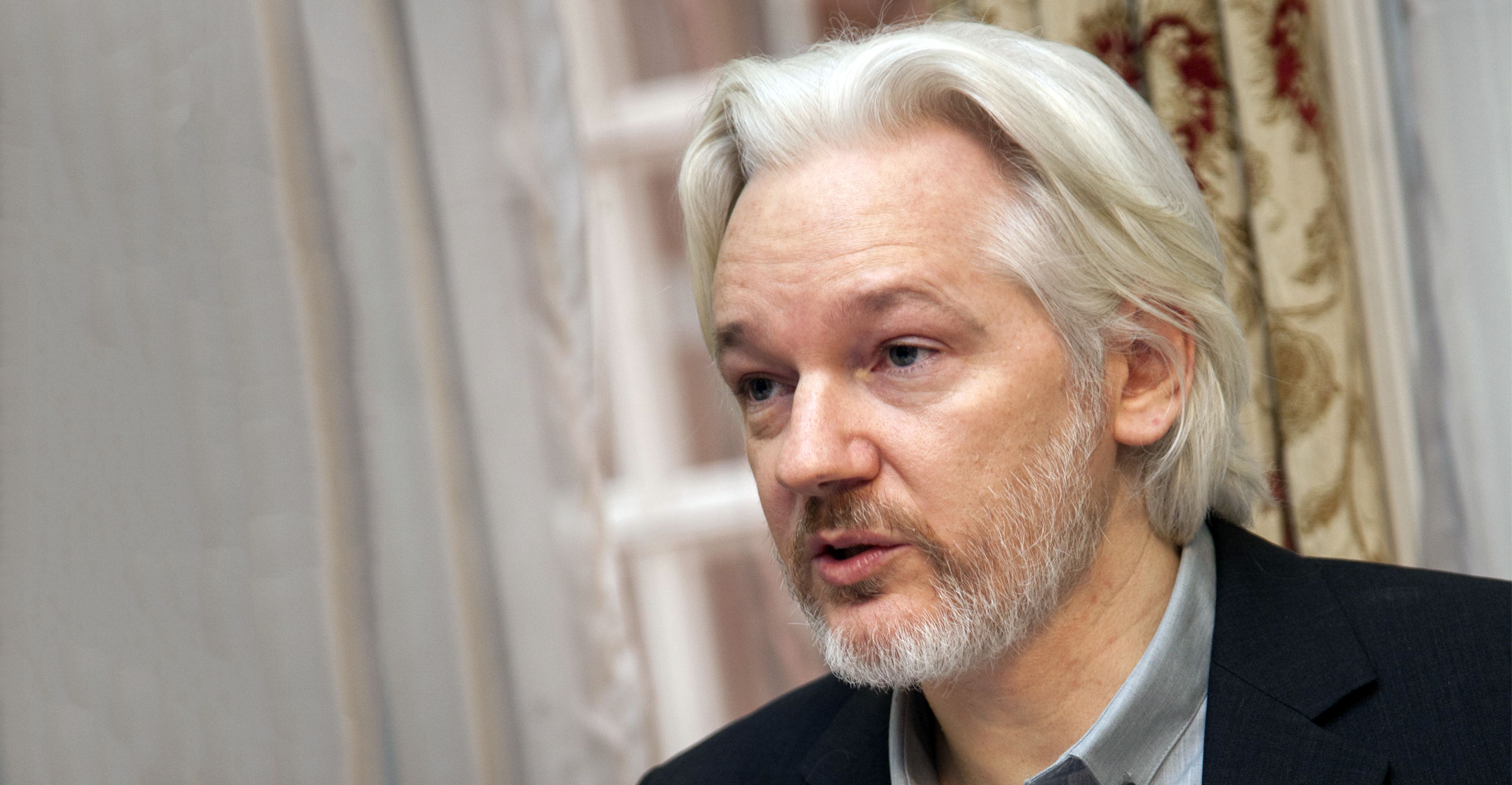
WikiLeaks founder Julian Assange was expelled from his hideout in Ecuador’s embassy in London on Thursday and promptly arrested by London police amid concerns he faces extradition to the US.
London police said Assange was arrested moments after Ecuadorian President Lenin Moreno said on Twitter that the country had withdrawn his diplomatic asylum. Video show a bearded Assange being dragged out of the embassy and placed in a waiting police van.
The 47-year-old has been in the Ecuadorian embassy since 2012 when he sought to escape questioning in a Swedish sexual-assault case. While those charges were dropped in 2017, Assange has remained in the small London apartment as he has continued to dodge UK police and American prosecutors.
Assange’s exit from the embassy ends a nearly seven-year standoff between the controversial transparency advocate and British authorities. While he will initially face punishment for jumping bail, Assange faces the possibility of a looming extradition request to the US.
“Julian Assange is no hero and no one is above the law,” UK foreign minister Jeremy Hunt said on Twitter. “He has hidden from the truth for years.”
Jennifer Robinson, a lawyer for Assange, declined to immediately comment. WikiLeaks said on its Twitter feed that Ecuador had “‘illegally” terminated Assange’s asylum.
Invited into the embassy
London police said Assange was taken to a nearby station and will then appear at Westminster magistrates court. The police said in a statement that they were invited into the embassy.
Assange’s relationship with his Ecuadorian protectors has deteriorated over the years. He has had spats over Internet access and even faced criminal charges for hacking into the embassy’s computer system. On Wednesday, WikiLeaks officials held a press conference where they accused Ecuador of spying on Assange.
“The discourteous and aggressive behavior of Mr Julian Assange, the hostile and threatening declarations of his allied organisation, against Ecuador, and especially the transgression of international treaties” meant the situation is “unsustainable and no longer viable”, Moreno said in a video message posted on Twitter.
 WikiLeaks and Assange became famous in 2010 when the organisation published government secrets leaked by US Army soldier Chelsea Manning. More recently, the website put itself at the centre of the 2016 American presidential race by publishing hacked e-mails from Hillary Clinton’s campaign.
WikiLeaks and Assange became famous in 2010 when the organisation published government secrets leaked by US Army soldier Chelsea Manning. More recently, the website put itself at the centre of the 2016 American presidential race by publishing hacked e-mails from Hillary Clinton’s campaign.
While the American case is still sealed, US prosecutors in court filings last year may have inadvertently revealed that Assange had been charged. In a matter unrelated to Assange, federal prosecutors in Virginia, said that “no other procedure is likely to keep confidential the fact that Assange has been charged”.
If the US seeks to extradite him, a London court will review the matter in a process that could last months and ultimately years. — Reported by Jonathan Browning and William Mathis, (c) 2019 Bloomberg LP



